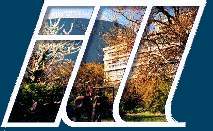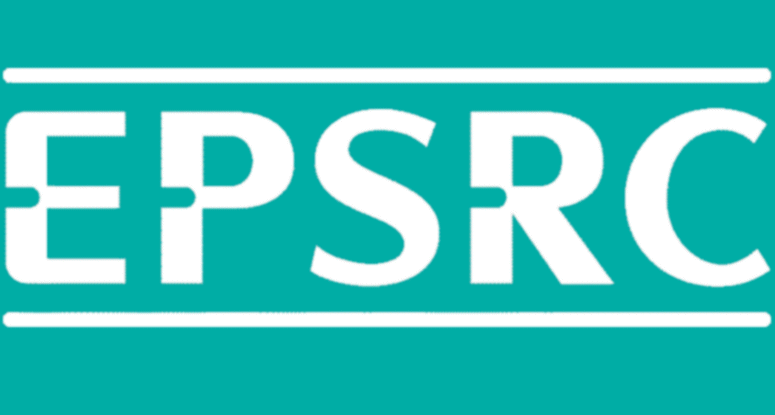


 Institut Laue-Langevin (ILL) The European High Flux Neutron Source
Institut Laue-Langevin (ILL) The European High Flux Neutron Source
 EPSRC The Engineering and Physical Sciences Research Council
EPSRC The Engineering and Physical Sciences Research Council
 CSEC The Center for Science at Extreme Conditions
CSEC The Center for Science at Extreme Conditions
 Durham University The Department of Chemistry
Durham University The Department of Chemistry University of Manchester School of Materials
University of Manchester School of Materials Salford University Institute of Materials Research
Salford University Institute of Materials Research
 Keele University School of Chemistry and Physics
Keele University School of Chemistry and Physics